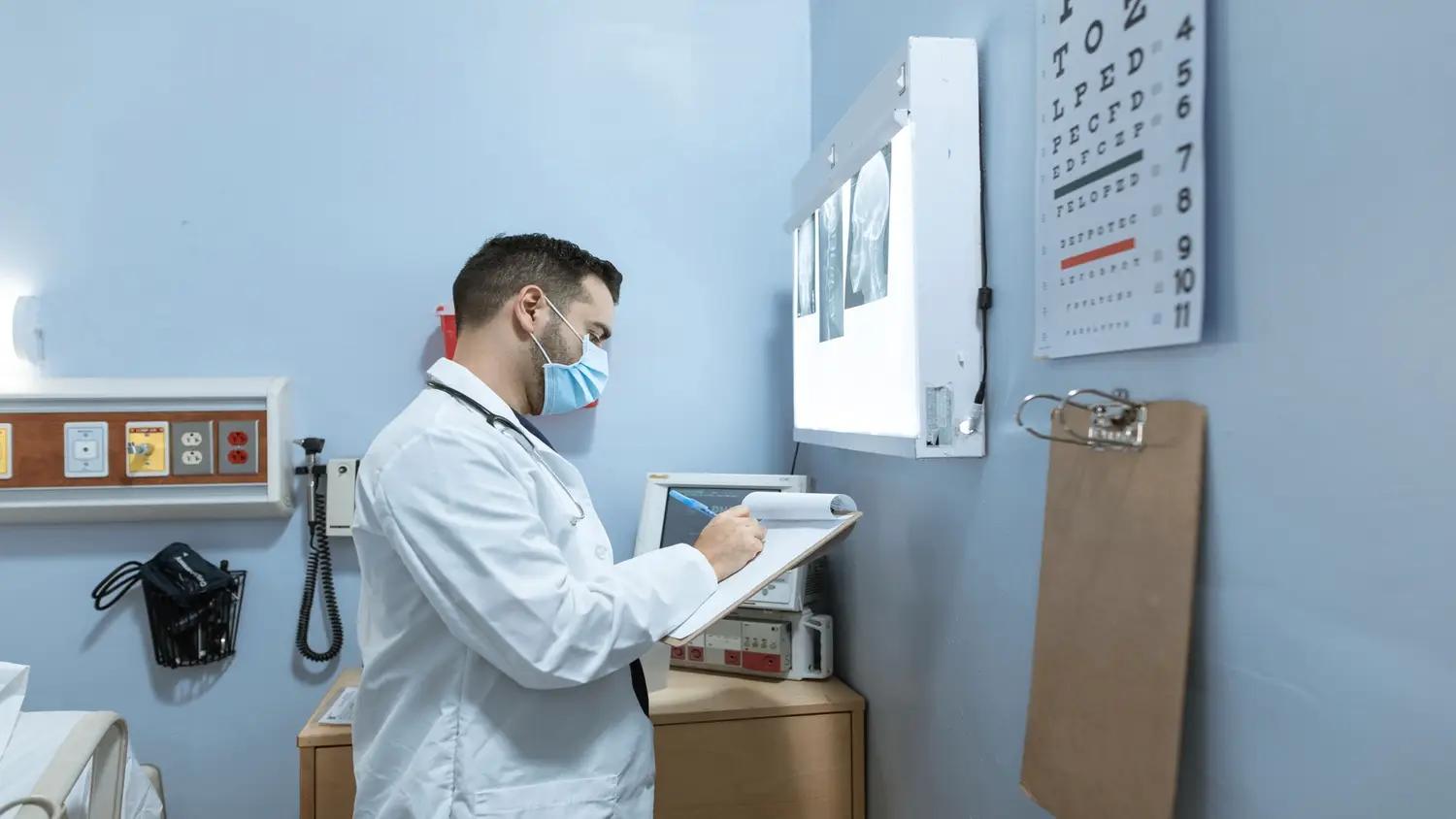
Differential Diagnosis for Physical Therapy – Hematological, Cardiovascular, Immune and Digestive System Disorders
Differential Diagnosis for Physical Therapy – Hematological, Cardiovascular, Immune and Digestive System Disorders is organized by HomeCEU. This Course has been approved for a maximum of Contact Hours: 3
Course Description:
As the profession of Physical Therapy has progressed, the importance of differential diagnosis and medical screening has increased, especially with the mandate of autonomous practice. This seminar will give the clinician the ability to screen the multiple body organ systems for diseases and syndromes that are not of musculoskeletal origin. The seminar further addresses effective mechanisms that result in client referrals to appropriate health care practitioners. Through lectures and case studies, the therapist will be able to determine the best course of action with a patient utilizing the best available assessment tools and measures and evidence-based practice to determine diagnosis, need for referral, or method of treatment.
Course Goals:
This course is intended to instruct the professional on screening the multiple body organ systems for diseases and syndromes that are not of musculoskeletal origin.
Course Objectives:
• Recognize how to apply the principles of Evidence-Based Practice (EBP) as it relates to clinical decision making in primary care physical therapy by applying optimal diagnostic standards to the clinical decision making process.
• Recognize and utilize questions during the examination/re-examination and intervention phases of treatment to facilitate making an accurate differential diagnosis.
• Distinguish between the presentation of clinical signs and symptoms associated with selected medical diagnoses to facilitate making a differential diagnosis.
• Identify available medical information as a basis for making appropriate referrals to physicians, certified clinical specialists, or other health care professionals.
• Recognize client signs and symptoms that require immediate and/or emergency medical attention and make appropriate referrals.












